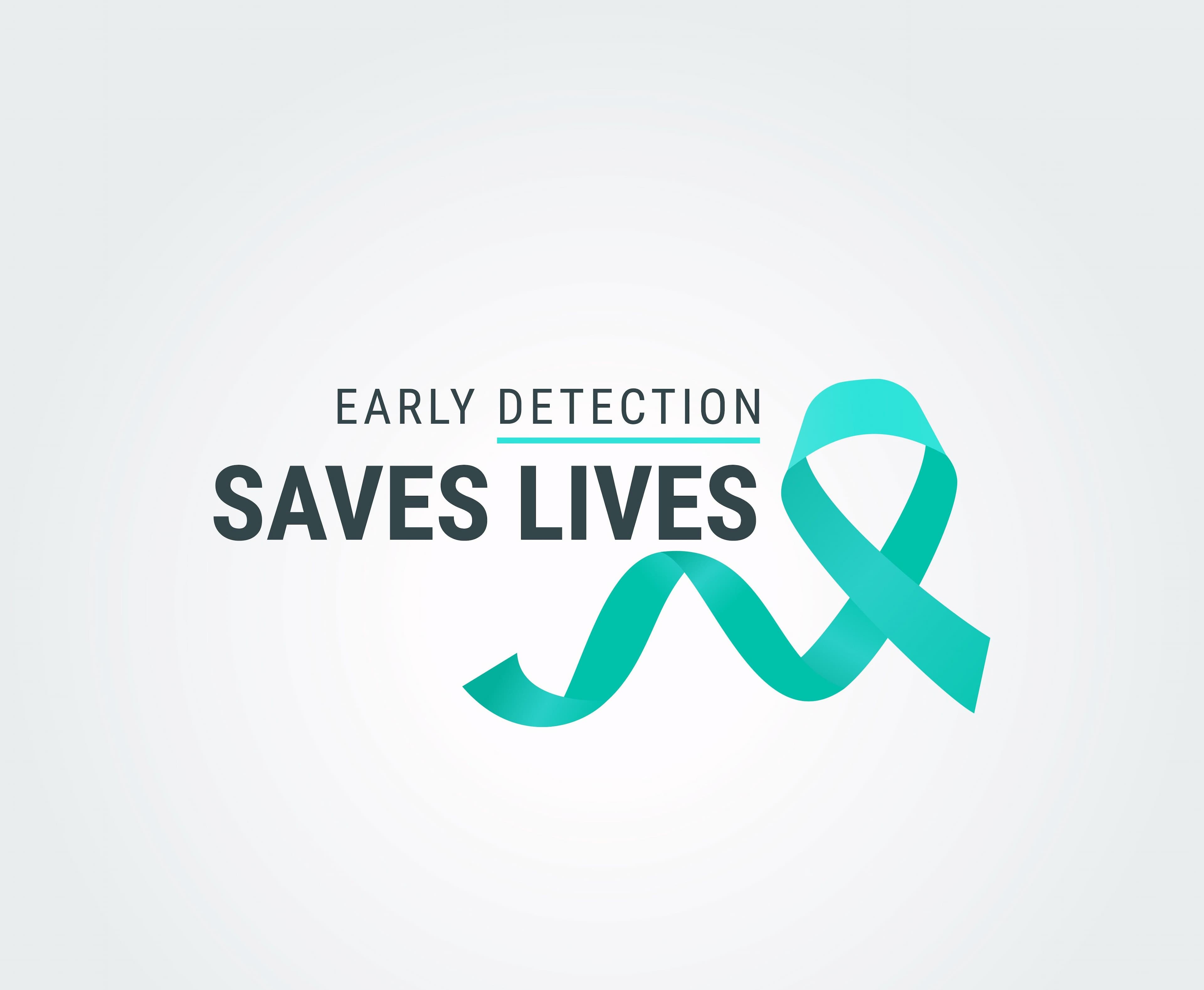
Israel-Iran conflict: UAE doctors warn of mental health toll from gory visuals
Psychiatrists urge people to limit exposure to violent content, seek timely help
The Israel-Iran conflict and the Israel-Hamas war in Gaza may be unfolding far from the UAE, but their psychological aftershocks are being felt right here at home. News channels and social media are flooded with visuals – often unedited – of missiles flying, buildings exploding, bodies strewn across streets and other graphic scenes. Mental health professionals are witnessing a surge in patients struggling with anxiety, fear and emotional distress triggered by such content.
Patients seek help amid emotional distress
Dr Kapil Sunderkant Kulkarni, Specialist Psychiatrist at NMC Specialty Hospital, Dubai Investments Park (DIP), confirmed that more patients are seeking help due to war-related anxiety since the conflict began.
“Yes. There has been a rise in the number of patients attending outpatient clinics to consult psychiatrists and psychologists since the conflict began,” he said.
“Day-to-day updates are triggering anxiety and distress in the general population as well as among group of people who are particularly vulnerable to such situations.”
Dr Kulkarni added that while many individuals are proactively seeking support, others are being brought in by concerned family members.
“But there is still a lack of awareness in certain sections of society. Educating them about the mental health impact of war and the resources available is crucial,” he stressed.
Dr Kulkarni noted that people do not need to be directly involved in a conflict to be emotionally affected by it, as such events can resurface past traumatic memories and trigger psychological distress.
“We receive many videos and images through television and social media. These leave a deep traumatic impact on our minds,” said Dr Kulkarni. “They trigger acute distress, fear, anger, restlessness, and panic in minds of people who watch them.”
Dr Kulkarni added that long-term impacts can alter a person's emotional stability and behaviour. “The affected person often starts avoiding conversation, place or events related to such traumatic memories generated in mind. Intense emotional distress and guilt are experienced by some of the individuals.”
Protecting mental health in a time of conflict
Experts strongly recommend proactive mental wellness strategies during turbulent global events.
Crucially, both psychiatrists urged residents not to ignore early warning signs of emotional distress.
“There is always professional help available from mental health professionals. Please consult them without delays,” said Dr Kulkarni.
Read more:







